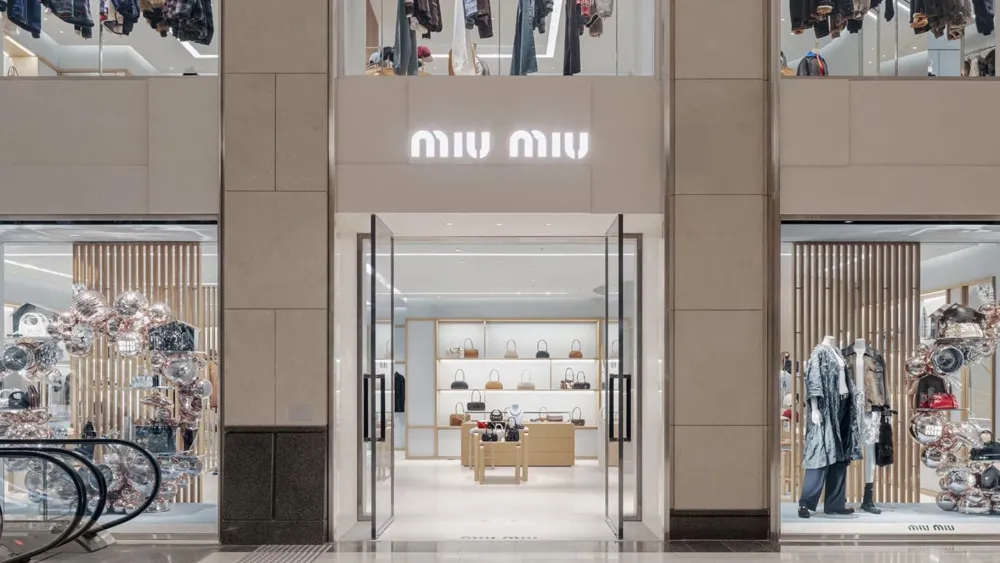
Weekly News Wrap: 7-Eleven cuts 880 jobs in the US; Daiso builds American footprint amidst inflation woes
And Malaysia-based restaurant operator delays its IPO again.
From CNBC:
Convenience store chain 7-Eleven has cut roughly 880 corporate jobs in the United States, CNBC has learned, roughly a year after it completed its $21b acquisition of rival C-store and gas station business Speedway.
7-Eleven is owned by the Japanese retail conglomerate Seven & i Holdings, which came under pressure earlier this year from the San Francisco-based investment company ValueAct Capital to consider strategic alternatives.
ValueAct had been urging Seven & i to narrow its focus to 7-Eleven, and it backed a new slate of directors on the Japanese company’s board.
US businesses have also been grappling with inflation on everything from fuel to labour to rent, which are weighing on profits. Many companies are now either hitting the brakes on hiring or beginning to lay people off, as they look for opportunities to slash expenses.
READ MORE: 7-Eleven, Tiger Beer launch beachfront store in Singapore
From Bloomberg:
Japanese dollar store Daiso Industries opened its first Manhattan store over the past weekend, carrying everything from Hello Kitty zip-lock bags and matcha mochi ice cream to cat-shaped eye masks and water guns in the shape of dinosaurs.
Known for selling products for 100 yen ($.72) in Japan, Daiso is building a growing presence in the US. There are now more than 80 stores across US states including Texas, California, and the boroughs of Brooklyn and Queens in New York City.
Shoppers eager for deals lined up outside in camp chairs for the opening of a new Daiso store in Kent, Wash, over the weekend. A second Las Vegas store is slated to open as well, according to the Facebook page of the company’s US operation.
From Reuters:
QSR Brands, the Malaysian operator of KFC and Pizza Hut restaurants in Southeast Asia, has again delayed its domestic initial public offering (IPO) of up to $500m on worries that poor macroeconomic conditions could hurt its valuation, sources said.
QSR (M) Holdings, which holds the sole right from Yum! Brands Inc to run the fast food chains in Brunei, Cambodia, Malaysia and Singapore, is now looking to launch its IPO next year, the four sources, who were aware of the matter, said.
The company, backed by private equity firm CVC Capital Partners and Malaysian state investment firm Johor Corp, was seeking to raise $400-500m by end-2022, they said.
"Increasing shareholder value is a key objective and we are always looking for the right opportunity," a QSR representative said in an emailed response to Reuters, without referring to the company's IPO plans. Johor Corp and CVC did not immediately respond to requests for comments.



















 Advertise
Advertise







